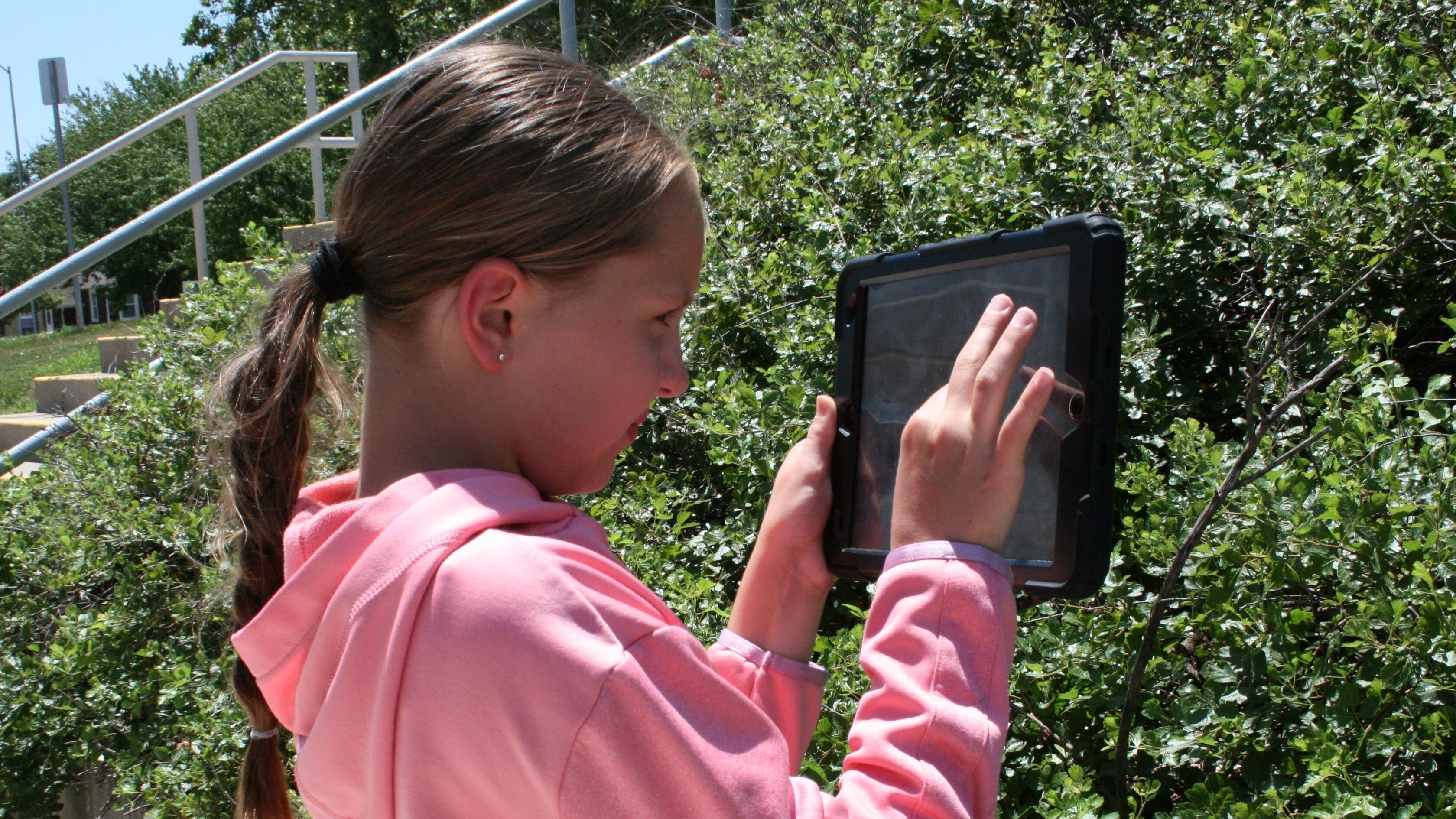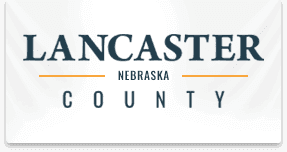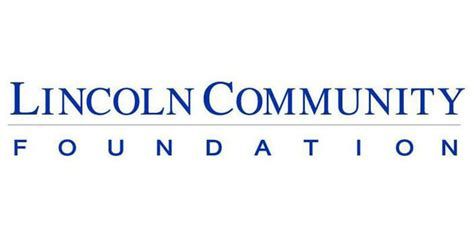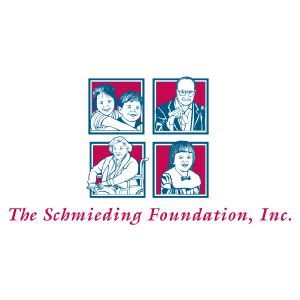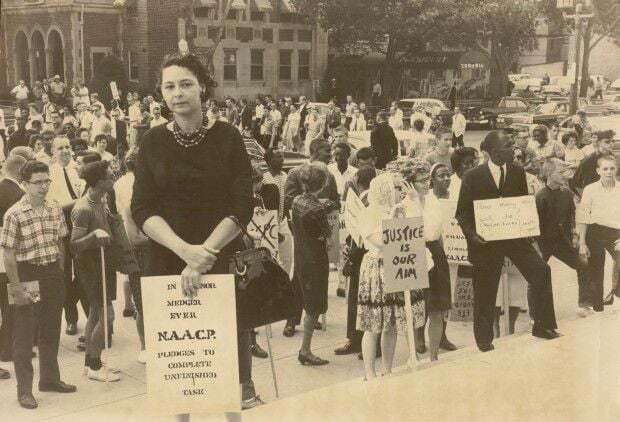
Dr. Leola Bullock dedicated her life to justice, education, and community activism in Lincoln, Nebraska. As a leader, she recognized the importance of youth in the civil rights movement and worked to ensure they had a seat at the table. Today, her impact continues to be felt through the annual Annual Rev. Dr. Martin Luther King, Jr. Youth Rally (The Youth Rally), the city’s Juneteenth celebrations, and statewide multicultural education amongst other initiatives she has established.
Born in Meadville, Mississippi, on January 19, 1929, Dr. Bullock moved to Lincoln in 1950 and became a key advocate for racial and social justice. She served as the president of the NAACP and worked diligently to dismantle systemic inequalities.
“She galvanized people, she did it with grace, she had compassion, you always knew what she was asking, and what direction she was going,” said LPS Coordinator of Culture, Inclusion and Scholar Development Peter Ferguson.
Bullock was also deeply involved with organizations like the Malone Community Center, Nebraskans Against the Death Penalty, Nebraskans for Peace, and the YWCA, among many others.
Dr. Bullock understood that young people were central to the civil rights movement and advancing Dr. King’s dream.
“She spoke from experience because she had already been there, she’d seen how the world had transformed," said LPS Executive Director of Equity, Diversity, and Inclusion Brittney Hodges-Bolkovac. “She wanted individuals to make their own decisions, but she was not afraid to share her journey and use her experience as guidance toward a correct path.”
She ensured the youth would lead Lincoln’s MLK Youth Rally, and the adults would take a backseat offering support. What started as a small gathering has become a powerful event, with marchers stretching for blocks on their way to the Nebraska State Capitol. Dr. Bullock never missed a rally, and she was always seated front and center, not just to see the students but so they could see her—a reminder of the foundation she built. This February, the rally celebrated its 30th anniversary, honoring Dr. Bullock alongside Rev. Dr. Martin Luther King Jr. through readings of their work.
Dr. Bullock's commitment to the youth and their education led her to confront racial biases within the LPS district. She founded Concerned Citizens for Truth in Education, a group dedicated to identifying and challenging racial prejudices in textbooks, literature, and teaching methodologies. Her advocacy prompted Lincoln Public Schools to establish the Multicultural Advisory Committee in 1973 to foster a more inclusive and accurate educational environment.
Her dedication earned her numerous accolades, including:
- 1985 Nebraska African-American Woman of the Year
- 1996 Racial Justice Award
- 1998 Community Service Award
- 1999 Chancellor’s Fulfilling the Dream Award
- 2002 Lenora Letcher Community Award
- 2004 Nebraskan of the Year
- 2005 Rev. Dr. Martin Luther King, Jr. Living the Dream Award
In 1989, the Foundation for Lincoln Public Schools established the Leola Bullock Multicultural Award to honor Dr. Bullock’s legacy and highlight the dedication of local educators and community members who champion diversity, equity, and inclusion. This honor continues to be awarded annually as part of the Foundation’s annual LPS Educator Awards. To qualify for this award, recipients must demonstrate innovative leadership and make a significant contribution to fostering understanding of our multicultural society by developing and implementing impactful district programs.
In 2008, she was awarded the Community Service Award for the second time, and it was renamed in her honor, solidifying her legacy. She also received an Honorary Doctorate from Doane College in 2010, the same year she passed.
Educators and community leaders today can carry forward her legacy by speaking out against injustice, creating inclusive spaces, and empowering the next generation to lead. Dr. Bullock didn’t just teach change—she lived it. She built bridges between students, educators, and community leaders by humanizing the work of advocacy.
Her impact is a call to action: lead with courage, uplift youth voices, and fight for justice.

